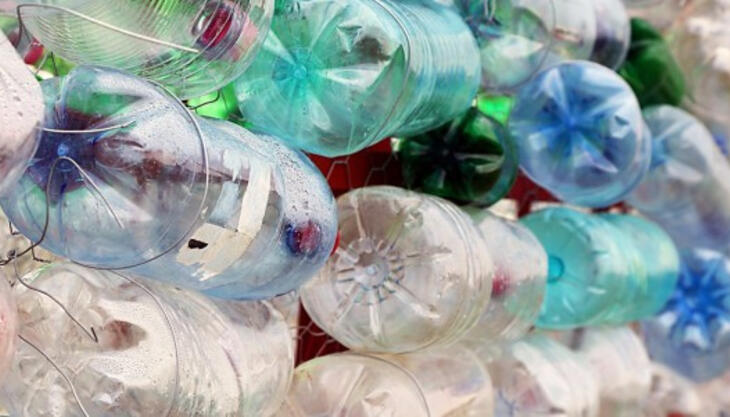Greenwashing: first limitations for environmental claims from the EU

After the European Parliament gave the green light to a directive against greenwashing and misleading commercial information by companies on 18 January, the Internal Market and Environment committees recently adopted their position on the rules on how firms can validate their environmental marketing claims.
MEPs agreed with the Commission that companies should submit any future environmental marketing claims for approval before using them. The claims would be assessed by accredited verifiers within 30 days, according to adopted text, and companies that break the rules may be excluded from procurements, lose their revenues and face a fine of at least at 4% of their annual turnover.
In addition, the European Commission should draw up a list of less complex products that could benefit from faster or simpler verification. It should also decide whether green claims about products containing hazardous substances should remain possible. It was also agreed that micro enterprises should be excluded from the new obligations and SMEs should get one extra year before applying the rules.
The recent EU ban on green claims based solely on the so-called carbon offsetting schemes was confirmed, yet companies could still mention offsetting schemes if they have already reduced their emissions as much as possible and use these schemes for residual emissions only. However, the carbon credits of the schemes must be certified, as established under the Carbon Removals Certification Framework.
Finally, special rules were agreed that would also apply to comparative claims (i.e. ads comparing two different goods), including if the two products are made by the same producer. Companies should demonstrate they have used the same methods to compare relevant aspects of the products and the claims that products have been improved cannot be based on data that are more than five years old.



















